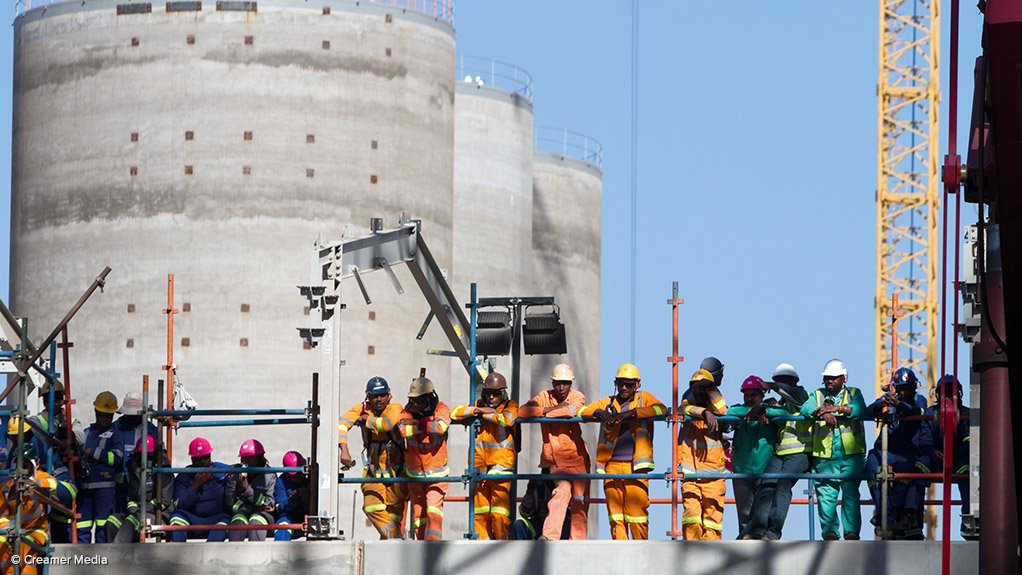As advanced economies continue to dominate the use of scarce long-term funding, emerging and developing countries are struggling to mobilise the billions of dollars in financing required to build urgently needed infrastructure to stimulate economic growth, the World Bank said on Monday.
Its latest ‘Global Financial Development Report 2015/2016: Long-Term Finance’ report showed that, since 2008, a persistent shortage of long-term finance had hampered the growth of companies, stunted the ability of credit-worthy families to borrow for education and housing and left underdeveloped countries struggling to grow their national and regional economies.
However, while emerging markets’ share of the global economy increased over the past decade, advanced economies continued to dominate the use of long-term financing.
In developing countries, 66% of small firms and 78% of medium-sized firms reported long-term liabilities, compared with 80% and 92% respectively in high-income countries.
Firms in high-income countries financed about 40% of their fixed assets externally, compared with less than 20% in low-income countries.
The report stated that long-term financing, which was defined as finance over a time period exceeding one year, could contribute to “faster growth, greater welfare, shared prosperity and enduring stability” and the extension of the maturity structure of finance was considered to be at the core of sustainable financial development.
“It would be a challenge to achieve high and sustainable rates of economic growth if countries fail to invest in schools, roads, power generation, electricity distribution, railways and other modes of transport and communications.
“Private sector construction of plants and investment in machinery and equipment are also important,” said World Bank group president Jim Yong Kim.
However, there was no “magic bullet” that would promote long-term finance, he said, pointing to the need for fundamental institutional reforms incorporating the promotion of macroeconomic stability, low inflation and viable investment opportunities; the establishment of a regulated and legally enforceable banking and investment system that protected creditors and borrowers; and formulating a framework for capital markets and institutional investors.
EMAIL THIS ARTICLE SAVE THIS ARTICLE
To subscribe email subscriptions@creamermedia.co.za or click here
To advertise email advertising@creamermedia.co.za or click here











